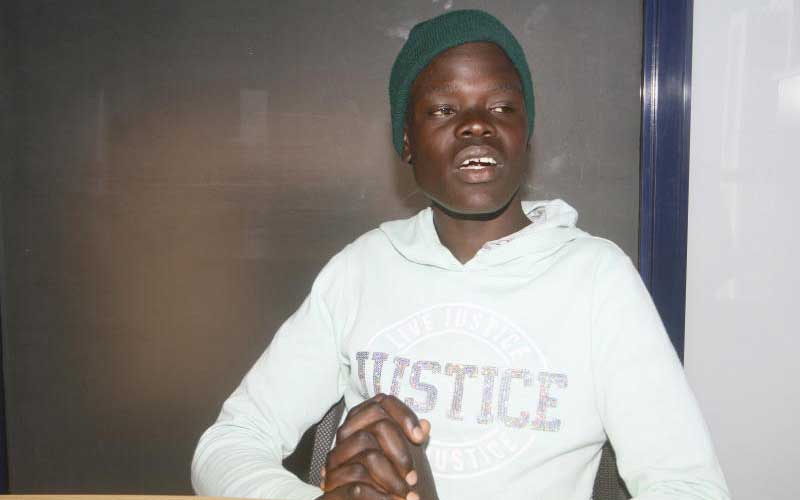×
The Standard e-Paper
Stay Informed, Even Offline

I was involved in a road accident in 2002 when I was 10. I was walking from school, somewhere in Maseno, when a lorry swept me off the road as it sped away. I landed on a huge rock which injured my genitals. A good Samaritan carried me home from the accident scene since I couldn’t walk.